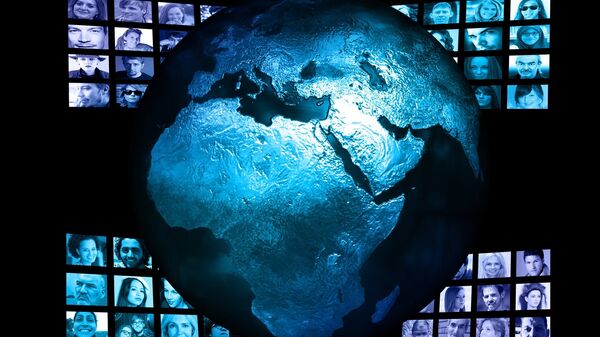The organization's annual Global Risks report ranked rising income and wealth disparity first among the underlying trends that will determine the shape of the world in the next decade. It states that since the 1980s, the share of income going to the top 1% of wealthiest citizens has increased in much of the Western world, including the UK, the US, Canada, Ireland and Australia — although the same was not true in France, Germany, Japan or Sweden.
The global wealth pyramid is still topped by the 1%, who own almost half of the world's wealth https://t.co/jTvR3i7Ukq #inequality pic.twitter.com/rA1HxG3E7j
— World Economic Forum (@wef) January 9, 2017
The latter group have, the report notes, shielded themselves from austerity and the worst excesses of the post-financial crash recession — although both sets have invested heavily in new technology, placed a premium on workers with higher education and better skills and outsourced jobs to the third world. While this has raised the living standards of poorer workers, many of the first-world poor now languish in low paid jobs or outright employment.
The discontent produced by this dynamic has now become an "election-winning proposition," and one which demands action, the report said.
Societal polarization was ranked third, with WEF concerned that democracy itself is in crisis.
Policymakers and managers of public and private institutions have become divorced from their electorates both in terms of their cultural backgrounds and their pay and benefits, the report states, and austerity is blamed for eroding welfare provisions for the vulnerable in society.
Income inequality and why our #cities are a vital part of the solution @amy_liuw https://t.co/khQ1ub47gx pic.twitter.com/qYqHtK2mmR
— World Economic Forum (@wef) January 12, 2017
Technology was ranked fourth. Of particular concern was the pace at which technology made traditional jobs redundant and was not matched remotely by the rate at which innovation created jobs.
In sum, the WEF said the growing mood of anti-establishment populism driven by these factors meant economic growth was no longer enough to mend fractured societies — instead, "fundamental reforms" of market capitalism were vital.
While David Sogge, an associate at the Transnation Institute, welcomed this apparent agitation for reform, he said the report was far from "completely coherent" and was severely lacking in some areas, most notably the lack of attention paid to illicit flows of money and goods through offshore tax havens.
"The problems identified by the WEF report are very real, and it's entirely unsurprising to see them ranked as being of such importance. Simply walking through the streets of major cities in both the developed and emerging world is evidence of increasing inequality and polarization, and severe issues arising from both of these phenomena. However, the WEF's proposed remedies will not solve these issues, and their reading of the issues' causes are extremely flawed," Sogge told Sputnik.
New report exposes sharp rise in secret sweetheart tax deals #LuxLeaks #Survivaloftherichest https://t.co/wPT3p3jC8Z pic.twitter.com/D6EOedGti7
— Eurodad (@eurodad) December 7, 2016
"Their solutions are exactly what they've been preaching for the past 20 years or more. They seem to suggest increased central bank power is the answer in many cases, but since the financial crisis economic policy has been removed from national decision makers, and more or less designed and dictated by central bankers.
"The text also blames inequality not on a bad distribution of wealth and power, but technology, which it suggests is uncontrollable and unpredictable, as if it's the weather. That's ludicrous — technology can obviously be adjusted and changed, and help rebalance the division of wealth and power," Sogge added.
Donald Trump's inauguration on 20 January coincides with the annual Davos meeting. The founder of the WEF, Klaus Schwab, said 2017 would be a pivotal moment for the global community.





